Possibly the rarest whale in the world, which has only ever had half a dozen samples discovered over the past 150 years, has just washed up on a New Zealand beach.
The specimen, discovered by a surfer, faced a race against time to transport it quickly into a large enough freezer that it could be studied and verified.
Pieced Together
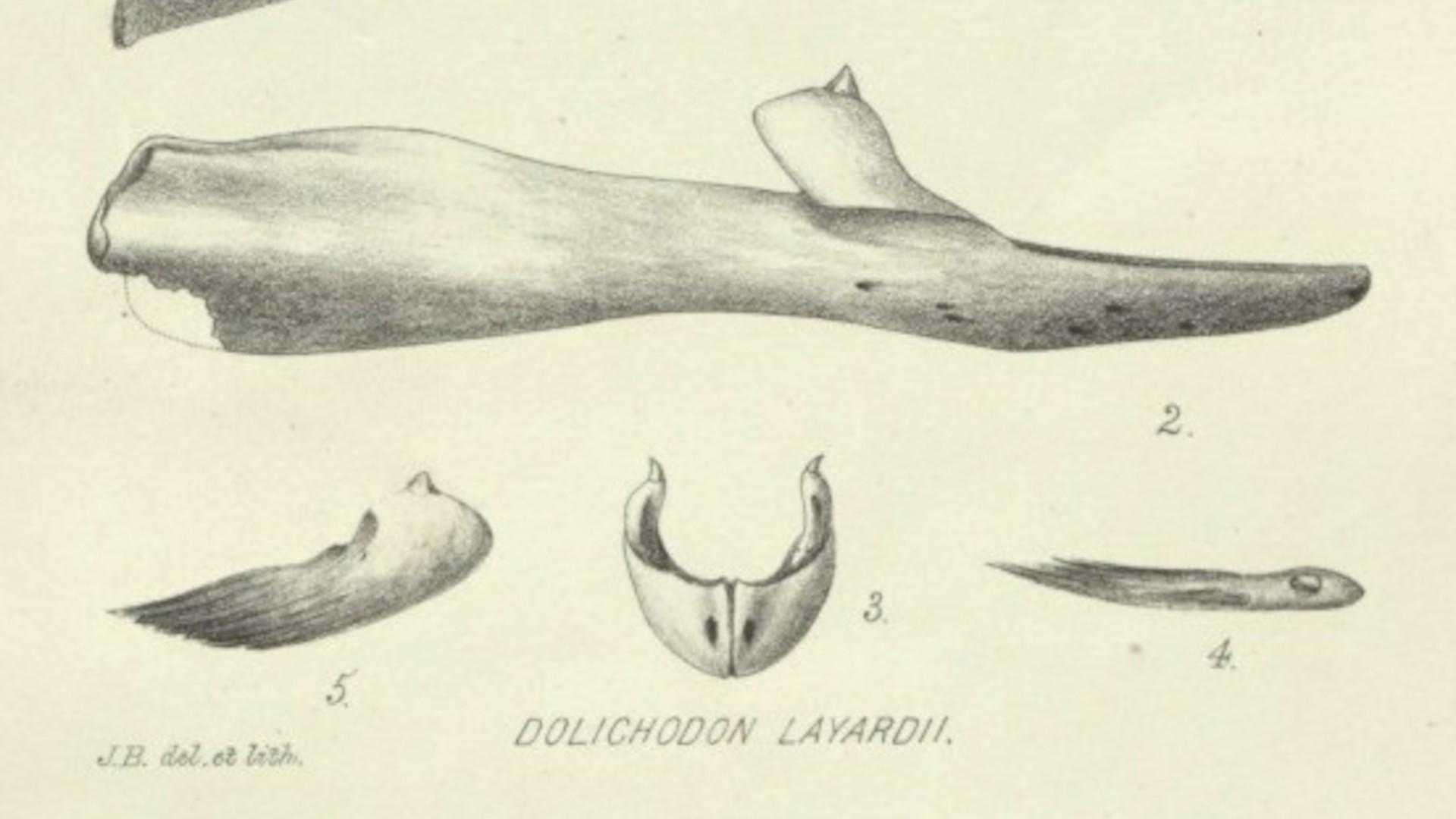
The whale is poorly understood on account of the extremely limited number of samples discovered.
Only 6 samples, dating back to a lower jaw bone and 2 teeth discovered in 1874, had ever been discovered.
Deep Divers
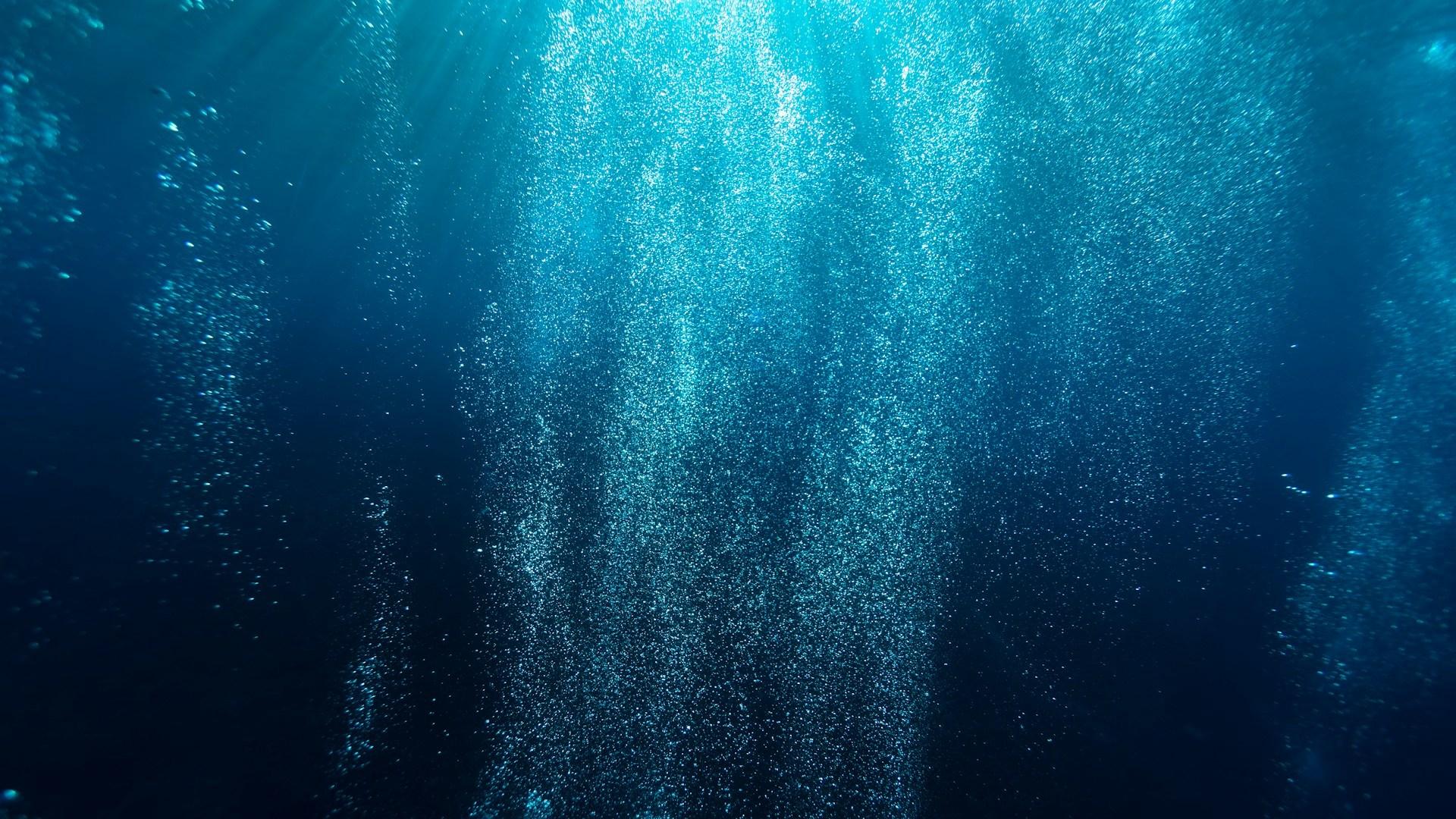
The whales swim exceptionally deep to hunt small fish and squids in ocean trenches.
Their habitat in the South Pacific Ocean has some of the deepest ocean trenches in the world.
Like a Giant Dolphin
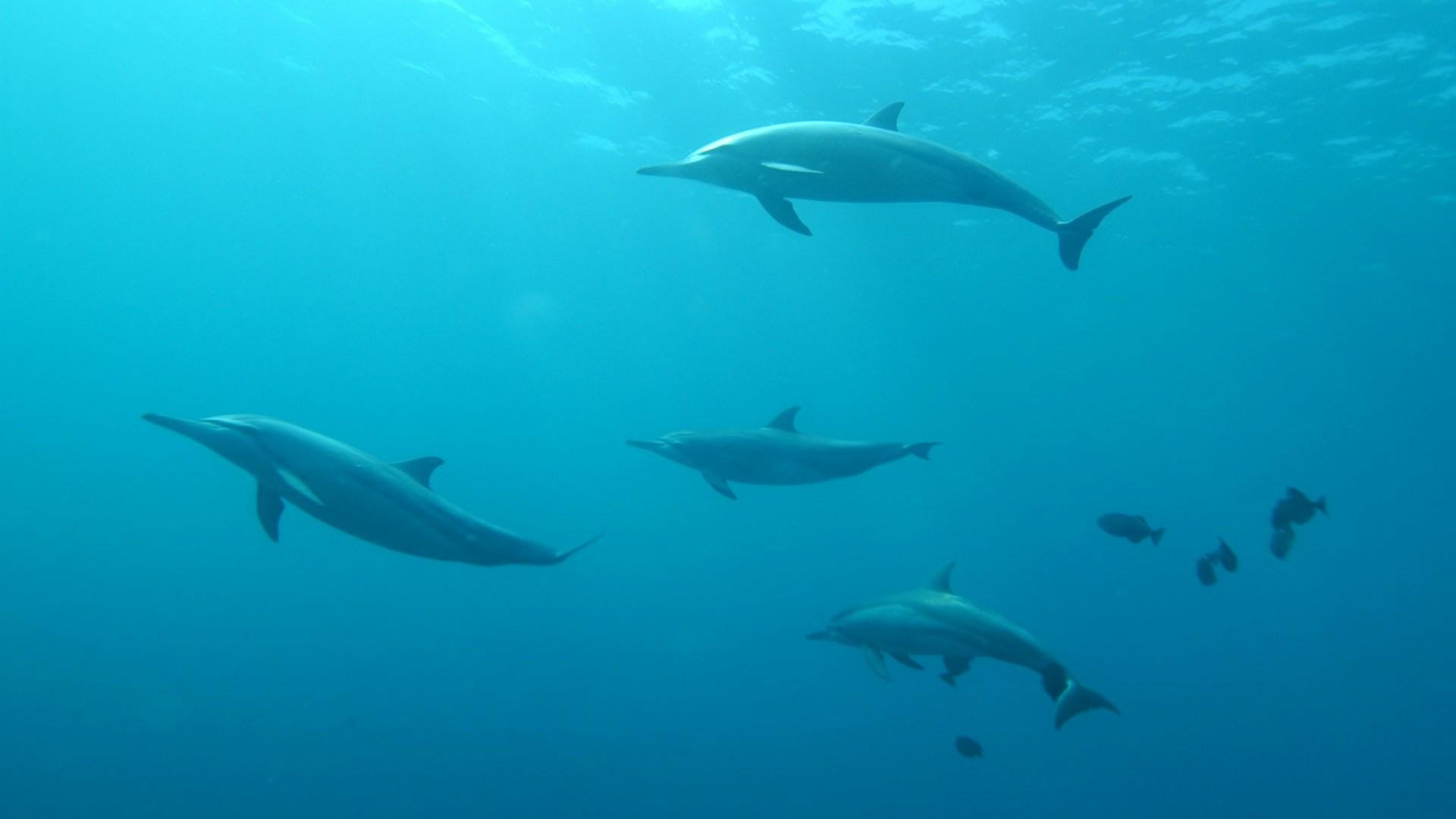
The Spade-toothed Whale, named after its teeth’s resemblance to the spade-shaped blade used to strip whales of blubber, is medium-sized and sleek-bodied.
Trevor King, an earthmover who was hired to re-locate the whale, said that “the thing is so unusual. It looked like a massive giant dolphin, the shape of it.”
On The Clock

As soon as the whale had been identified, the importance of it reaching a freezer so it could be studied became clear.
For those at the scene, it was a challenge both to transport the whale and to find a freezer nearby that was large enough to contain the whale.
Late-Night Call

King, who had moved and buried several whales before, received a phone call at 9:30PM and initially thought it would be a simple job.
But, when he arrived at the scene, there ware over a dozen people already there, frantically making phone calls. He cleared his schedule for the week.
Mystery of The Giant Porpoise
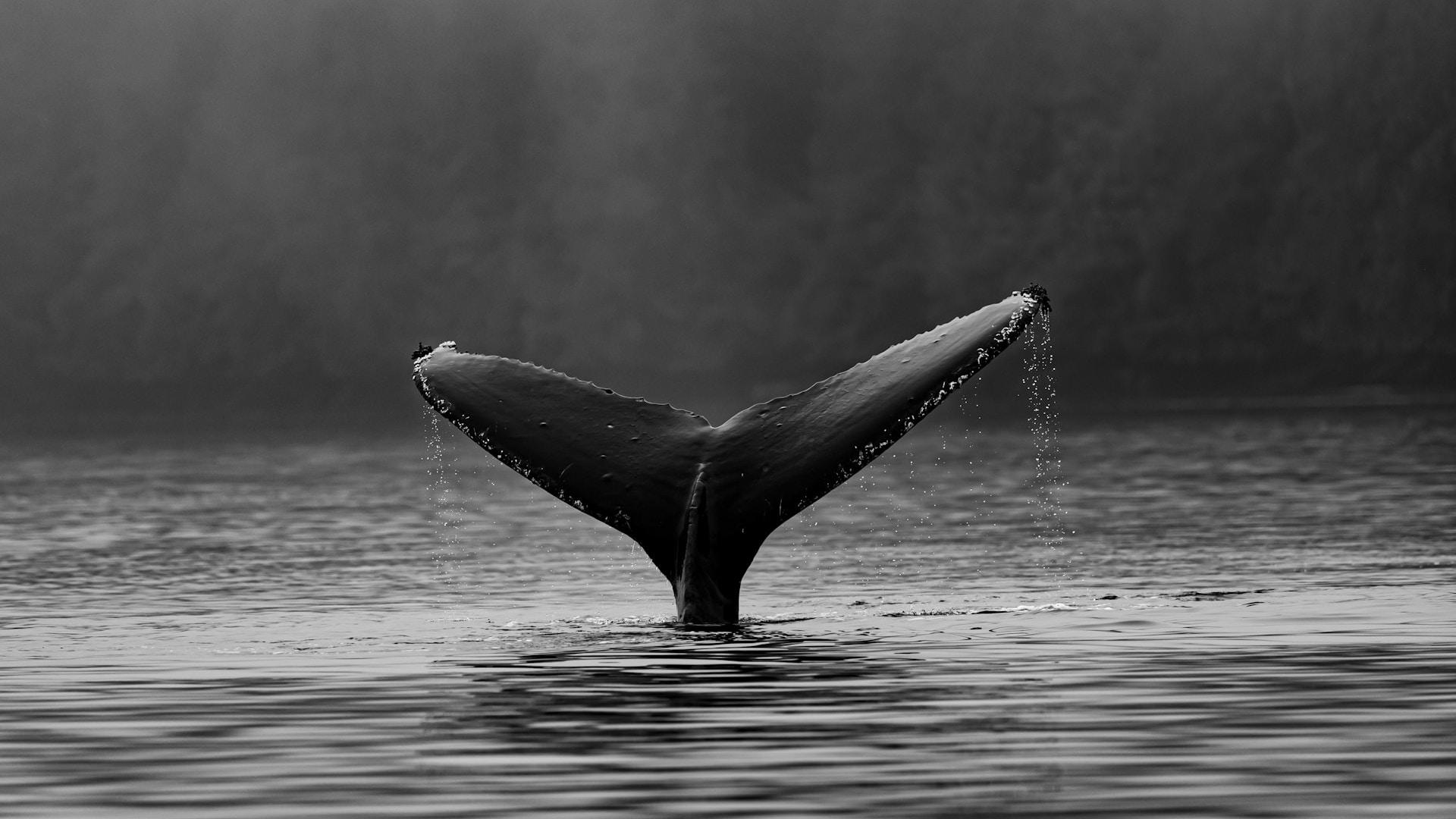
The whale had initially been reported to the ranger, Jim Fyfe, as a potential giant porpoise following its discovery by a local surfer.
It was only when the ranger sent photos of it to the New Zealand Department of Conservation (DOC) that its true importance became clear.
Resurrected Species
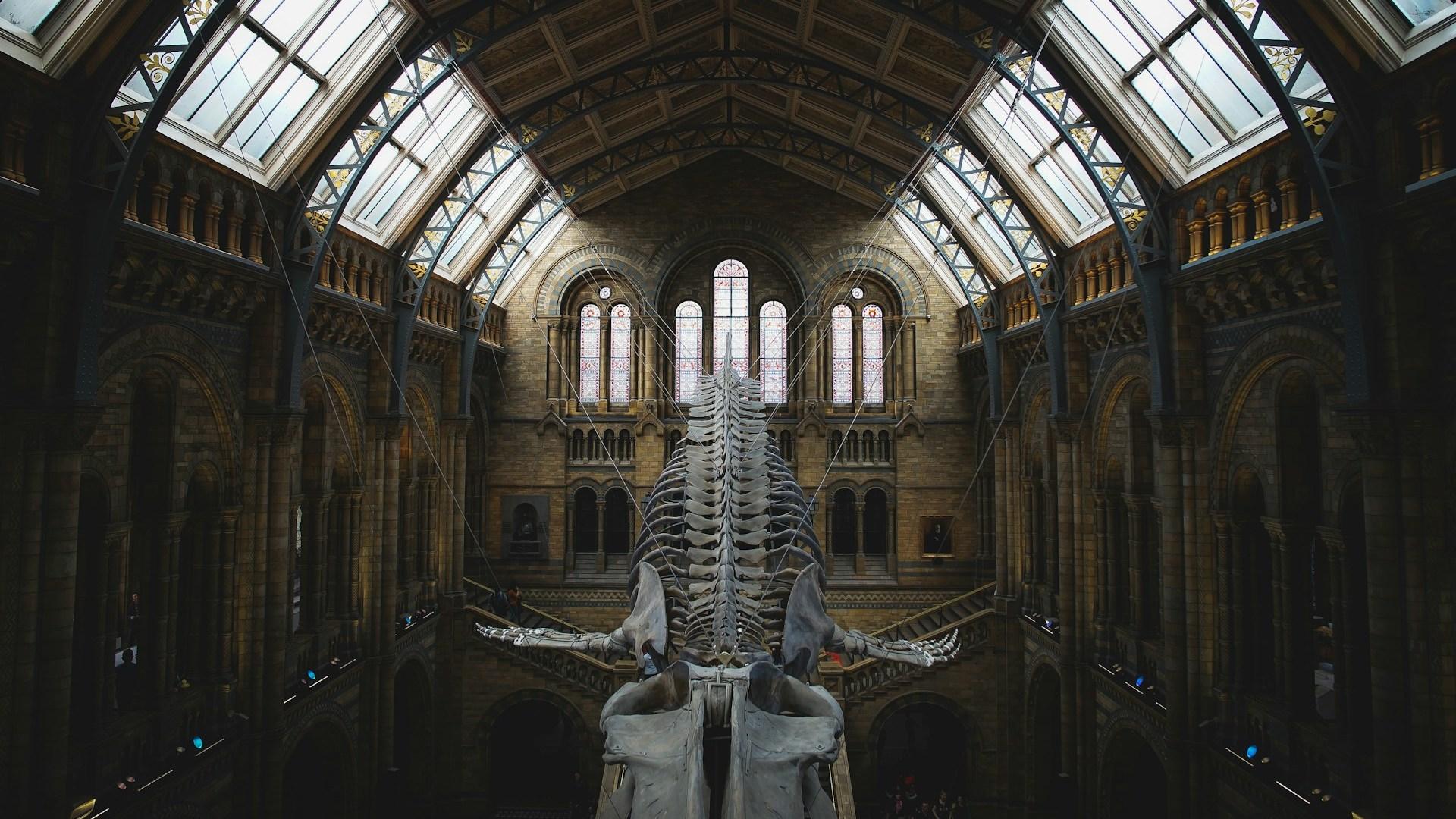
Long thought to be extinct, it had been re-classified by the DOC researcher Anton van Helden, who had also collaborated on the name for the species.
When van Helden saw the photos in the morning, he knew straight away that he was looking at his Spade-Toothed Whale. He told Fyfe: “This is so rare. This is really important.”
Industrial Cold Storage

The freezer issue was eventually solved when King got to Dunedin, where the whale could be stored in a cold storage facility.
The freezer door was only just big enough to squeeze the whale through at the right angle, where it remains awaiting closer study.
Return to Indigenous Peoples
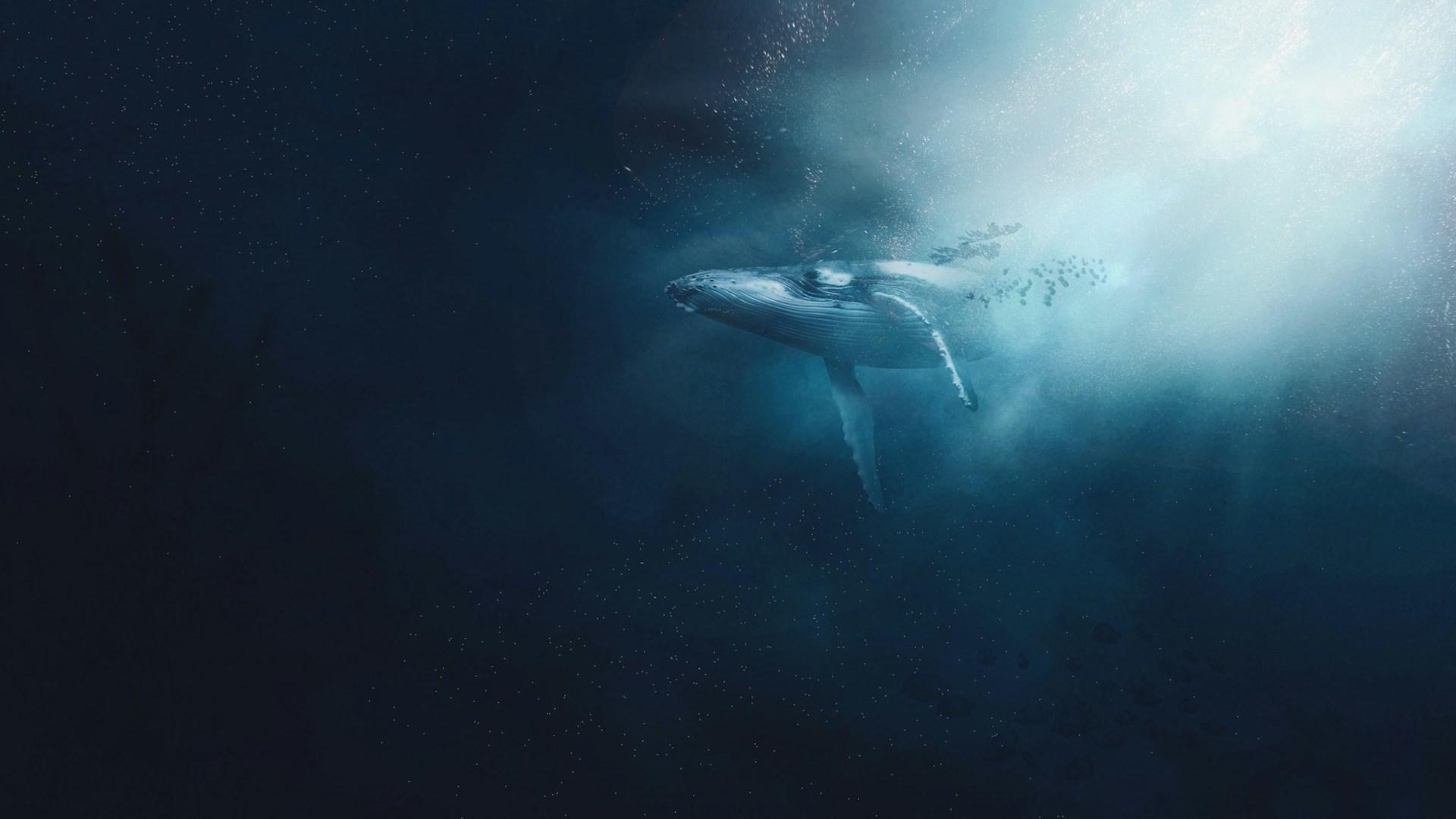
Now that it has been frozen in time, the scientists can relax and study the specimen, including verifying its authenticity with DNA tests.
After the specimen has been studied, it will be returned to the indigenous New Zealanders, who have already acknowledged Tangaroa, the God of the Sea, for the whale.


